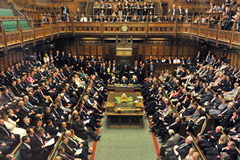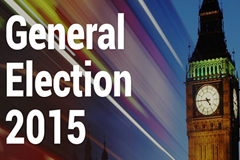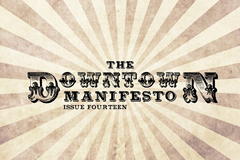So, it couldn’t be clearer. If city regions and county’s want what Manchester has in terms of devolved powers and additional resources, then they will have to adopt a governance model that includes an elected mayor.
George Osborne has thrown down the gauntlet to the likes of Leeds and Liverpool, who had indicated outright opposition to such a proposition; and he has provided counties such as Lancashire with the opportunity of genuinely getting involved in the Northern Powerhouse project.
It didn’t take Leeds long to accept that, with a majority Tory government in situ for the next five years (and way beyond that if the Labour Party continues to act as it is at the moment), a more pragmatic approach to the ‘metro mayor’ idea was required. The chairman of the Leeds Combined Authority, Peter Box, has conceded that it is something that must be explored, and I would expect progress to be made fairly quickly in terms of a West Yorkshire deal with central government. I am certainly looking forward to hearing the thoughts of Leeds City Council chief executive Tom Riordan at our forthcoming City of Leeds Business Awards evening on the 4th June.
Liverpool has remained virtually silent on the issue post-election, with city mayor Joe Anderson continuing his call for the other local authority leaders from across Merseyside to accept reality, but his comments seemingly falling on deaf ears. Unless and until the leaders from Halton, St Helens, Wirral and Knowsley demonstrate a more mature and practical response to the Osborne agenda than has thus far been the case, then the Liverpool City Region risks being side-lined from this hugely important agenda; and an increasingly frustrated business community may just start to agitate far more vociferously than has been the case so far.
For Lancashire, the chancellor’s latest speech in Manchester on the ‘devo’ subject last week gave the county some clarity and, hopefully, the reason for a collective and cohesive response to a debate that, up until now, had appeared to focus exclusively on city regions.
A ‘One Lancashire’ model, based on the boundaries currently operated by the Local Enterprise Partnership, is what Ministers prefer. Time will only tell if Lancashire’s political leaders do a ‘Leeds’ or do a ‘Liverpool’.
Burying heads in the sand, hoping for a different Whitehall policy on local government and devolution was barely credible before the General Election – it is beyond stupid now.







